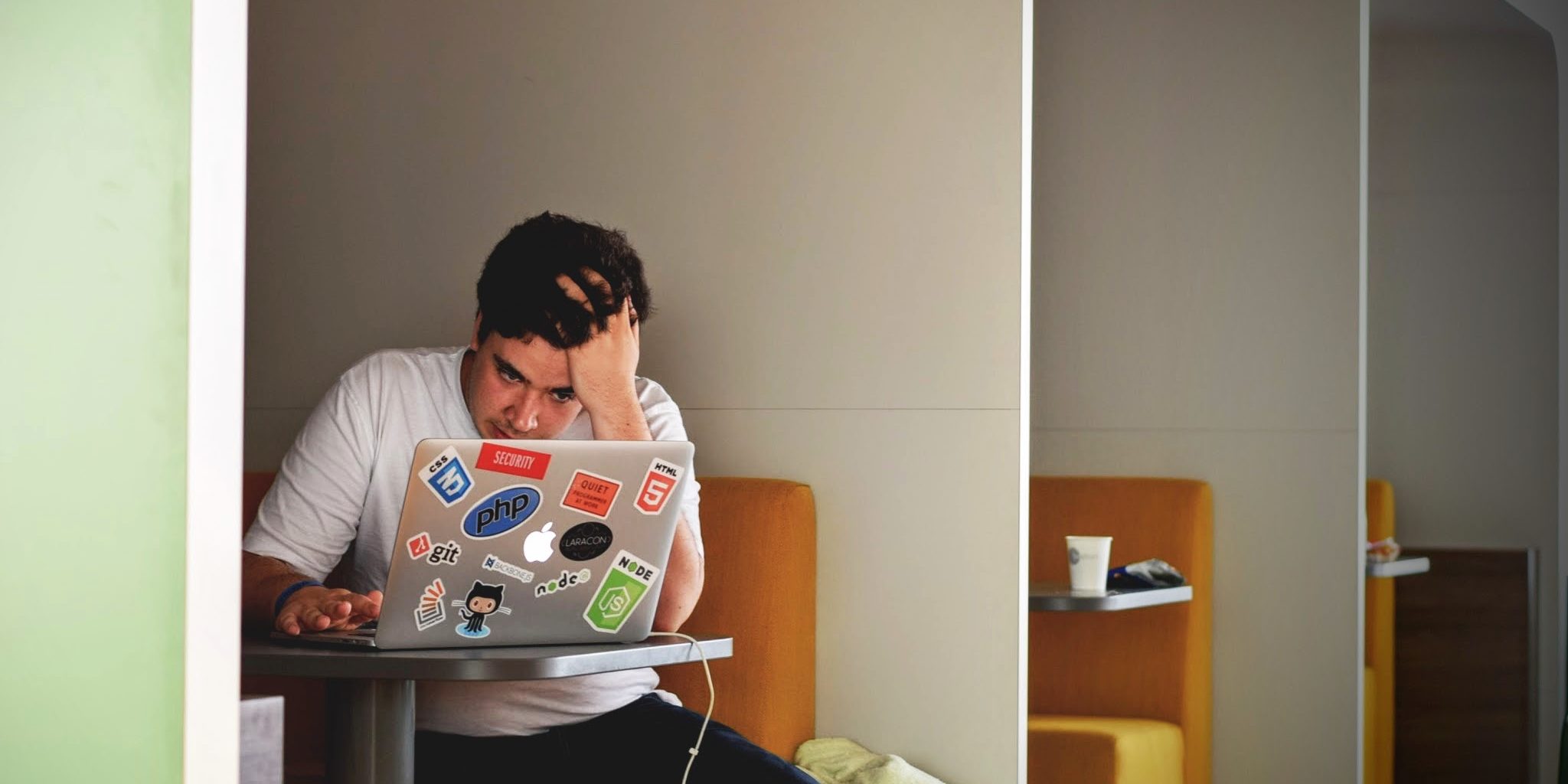The official UK clearing body, UCAS, offers students a chance to look at courses that are available in Universities and Colleges for the start of the next Academic year. The lists are open from 6th July until 20th October and are constantly updated as places are added or removed.
This clearing process is multi-faceted – it is open to those who have not yet applied and wish to start this Autumn and for those looking for new courses, or when the exam results do land for those who have not achieved their grades or exceeded their expectations and wish to review their options.
The shock of not meeting the required university is the dread of every UCAS applicant on ‘Results’ day. Once the dream of attending a specific university is shattered, the student often looks through the Clearing vacancies with a sense of panic and frustration.
This is the time for students and parents to take a fresh, objective look at where their future is going. Is the chosen course really the best option for the student? – would an alternative option suit? Unrealistic grade predictions can mean that the student could in fact flourish at an institution with less demanding entry standards. Another option is to look at joint honours courses, so they can study a mix of subjects.
Vacancies in Clearing might reflect popularity rather than any significant differing in standards. In fact, the numbers of students accepted in Clearing has increased over the last few years despite the fall in overall applicants.
Reapplication
Another aspect of Clearing is, of course, a reapplication either with or without retakes. To reapply offers the chance for greater reflection on course choice and the process of applying with ‘actual’ rather than predicted grades can often be more straightforward.
Many excellent tutorial colleges can offer support for re-takes, although reasons for failure to meet original offers and the abolition of January re-sits should be carefully considered.
This is particularly the case if the reason for reapplication is solely to gain that elusive place at the dream university and there is a reluctance to explore any alternatives. Most universities will look favourably on reapplications, although offers may be more demanding if a student is repeating A-Levels. Trinity College Cambridge does not recommend a reapplication unless a candidate has achieved at least two A* grades, despite their standard A*AA offer.
If there were extenuating circumstances for the original exam performance these could and should be mentioned, ideally in the reference.
Adjustment
If a student exceeds their original offer there is the opportunity for Adjustment in other words to ‘trade-up’ although numbers doing this are small but growing. Very competitive places are unlikely to enter Adjustment and a reapplication may well be more suitable. In these circumstances, careful consideration of the varying options should be undertaken and it is often best for the student to talk to a detached adviser to attempt to try to calmly explore what is realistic for the student and their future.
In the words of a senior UCAS adviser “Clearing should not be seen as a ‘last chance saloon’ but a creditable application route”.
At Gabbitas we can help by providing students with tailor-made, professional advice to make the University Clearing process as stress free as possible. Our team of experienced advisers have helped many students find their way forward to a successful future.


